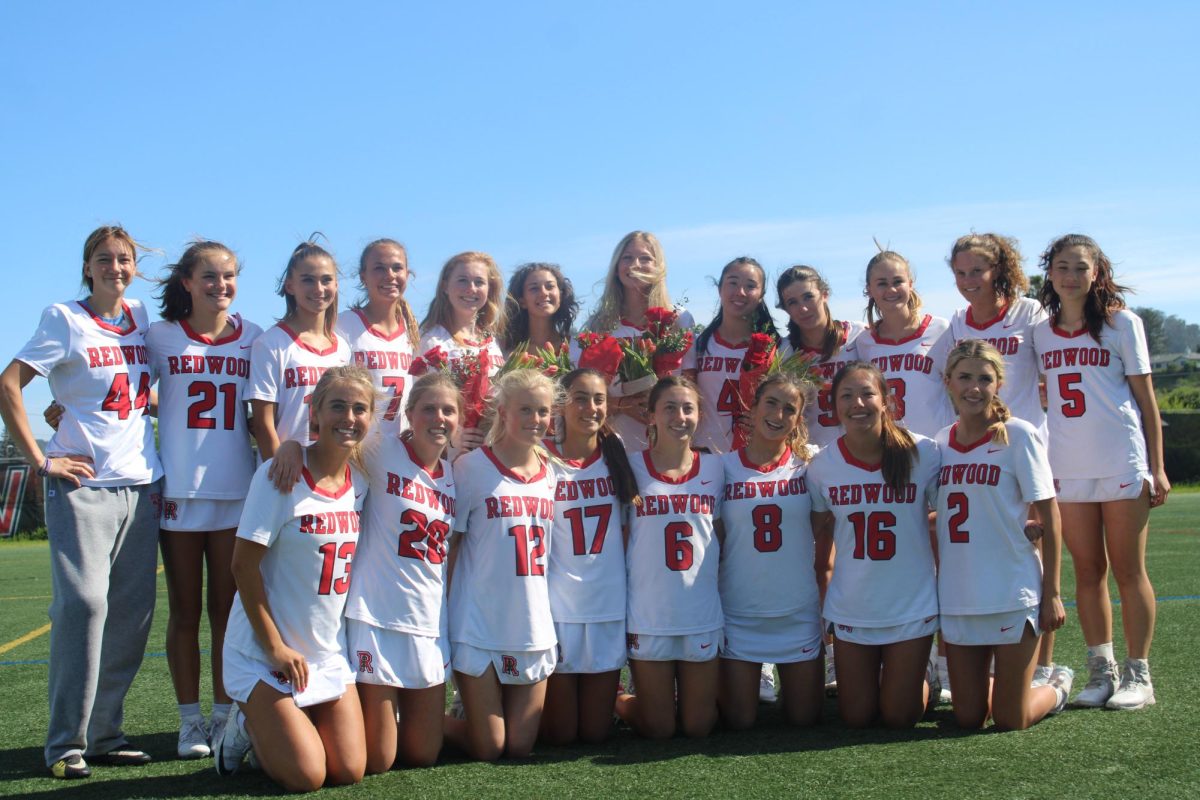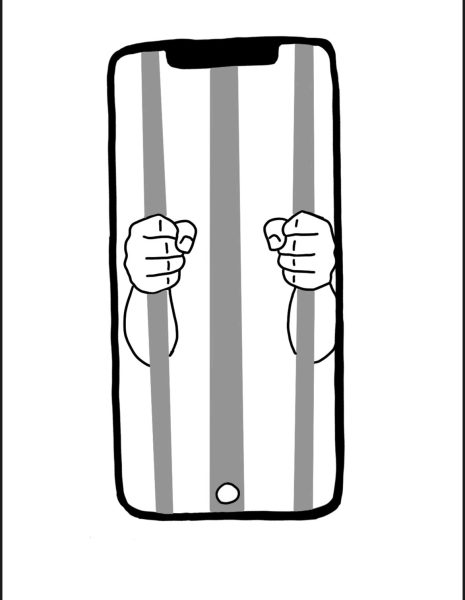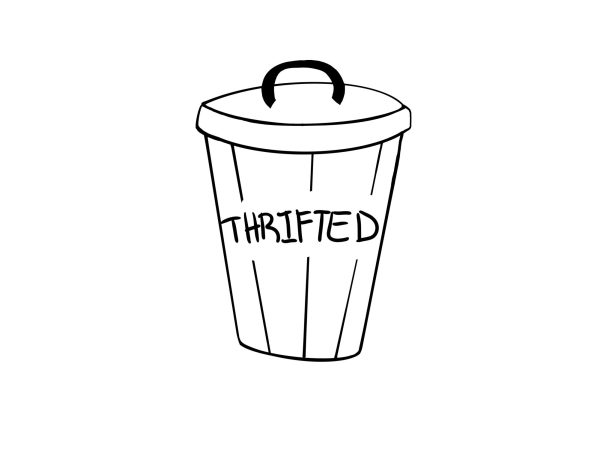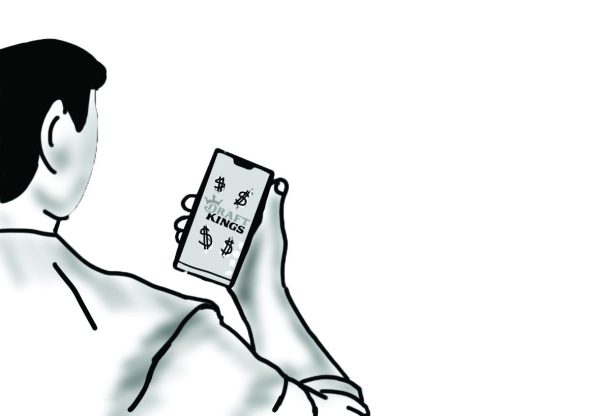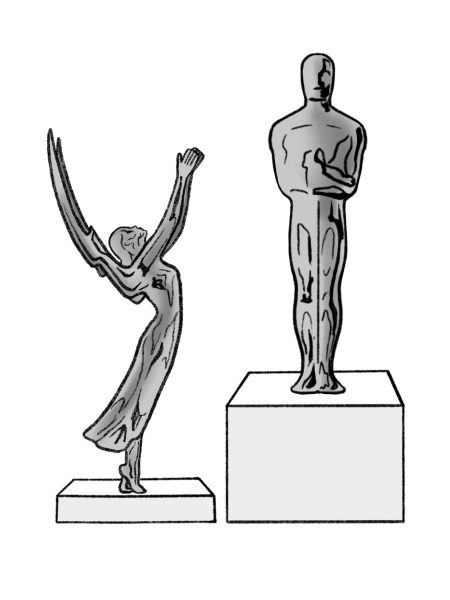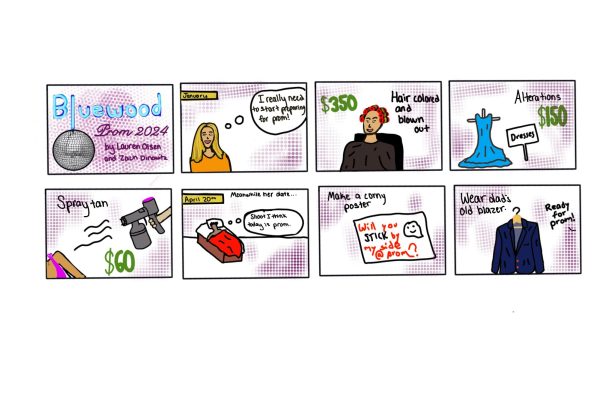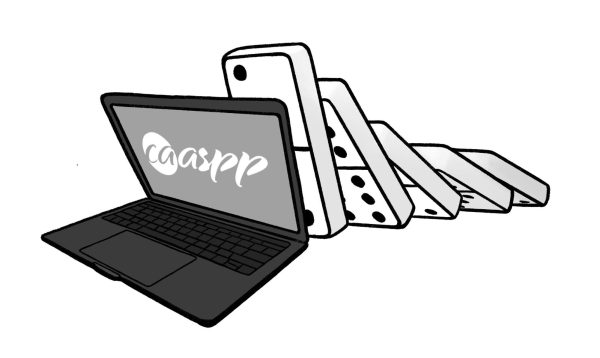Time for the NFL to say goodbye to the dreaded tie
November 12, 2019
Five of the 12 most-watched television programs in America in 2018 were National Football League (NFL) productions. This includes the number one TV program of the year: the Super Bowl. This game attracts more than 100 million viewers per year, according to Nielsen, a company that calculates television ratings.
The competitiveness that drives the players to compete each and every week is what draws so many fans to the sport. Whether that be the thrilling win or crushing defeat, the game is sure to elicit genuine emotion. When the game results in a tie, however, the competitive spirit is completely eliminated. Considering the NFL is the highest level of football in the world, they should change overtime rules to eliminate the possibility of a tie.
Football is a grueling sport and I can appreciate the need to preserve the health and well-being of the players by shortening games and allowing a draw. However, there are only a mere sixteen games in a season for which the players are paid millions to play in. They work all offseason, conditioning and taking care of their bodies, only to play 64 quarters of football per season—a couple more would not hurt. Even at the high school level, most students are more than willing to play overtime in a game if it means a reduction in inconclusive ties. The same can be said for NFL players. It is completely fair to play more time to dissolve ties for all games.

Different from the NFL, college football’s overtime rules do not allow for ties of any kind. Both teams are able to start on the opposite 25-yard line and the opposing team has a chance to match. This causes a higher scoring game that generates more excitement for fans. Also, because the ball starts at the other team’s 25-yard line, there might be fewer plays per drive than in a normal overtime. This would theoretically make it safer than the current overtime rules. College overtime does not have kickoffs and punts, widely considered to be the most dangerous plays in the game.
College football is widely regarded as a more exciting sport, partly because of the efficient overtime rules. In 2018, Louisiana State University and Texas A&M played seven overtimes which caused the score to reach 74-71. It was easily the most exciting college game that year. Had it ended in a tie, many of the highlights and coverage that surrounded the game would have been negated. In the NFL, fans pay enormous sums of money in order to see teams compete and win, not tie. The other two major sports in America, baseball and basketball, do not allow ties. It is time for the NFL to eliminate their current overtime procedure and adopt something more similar to college football.
To provide some context, overtime wasn’t introduced to the NFL until 1973 where games simply ended in a draw. This results in anticlimactic ties every year, including 14 in 1926 and still several ties per year in the 1960s. This system differed from every other sport at the time because the others included an overtime. The lack of extra time would then inspire a change in fourth-quarter strategy.
Until a few years ago, the NFL had a sudden-death overtime, where the first team to score won. This system was unsustainable because the outcome was almost always dependent on one factor: the coin toss. The toss decided who got the ball first and that team had an immediate advantage; all they had to do was kick a field goal and the other team would not even have a chance to possess the ball. The current NFL rules have been updated, but they are still unfair and less engaging than the college rules.
If the NFL adopted a modified version of college football’s rules, the games would have more points, more excitement and give fans a better experience. It would also provide football with a more universal set of rules and give both teams an equal shot at winning than if a game were to otherwise be tied at the end of regulation. The actual end result will now be one team wins and the other loses, but it would be a win-win situation for both NFL fans and the sport.



